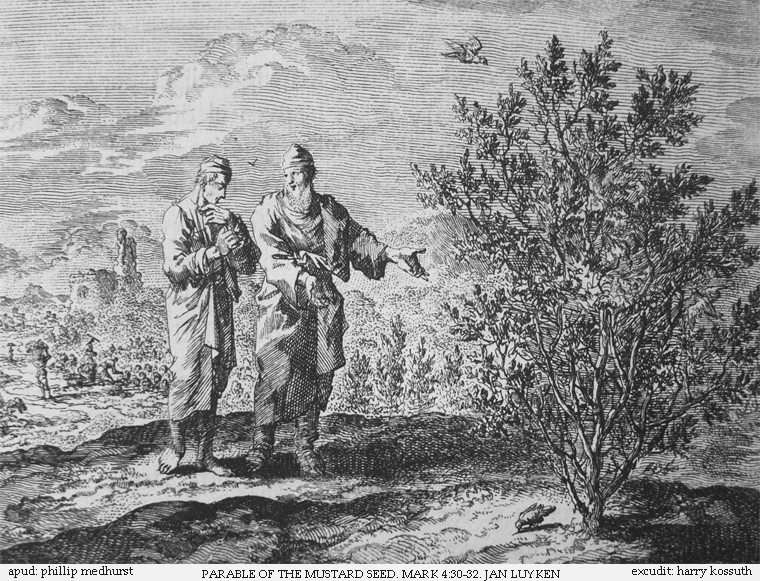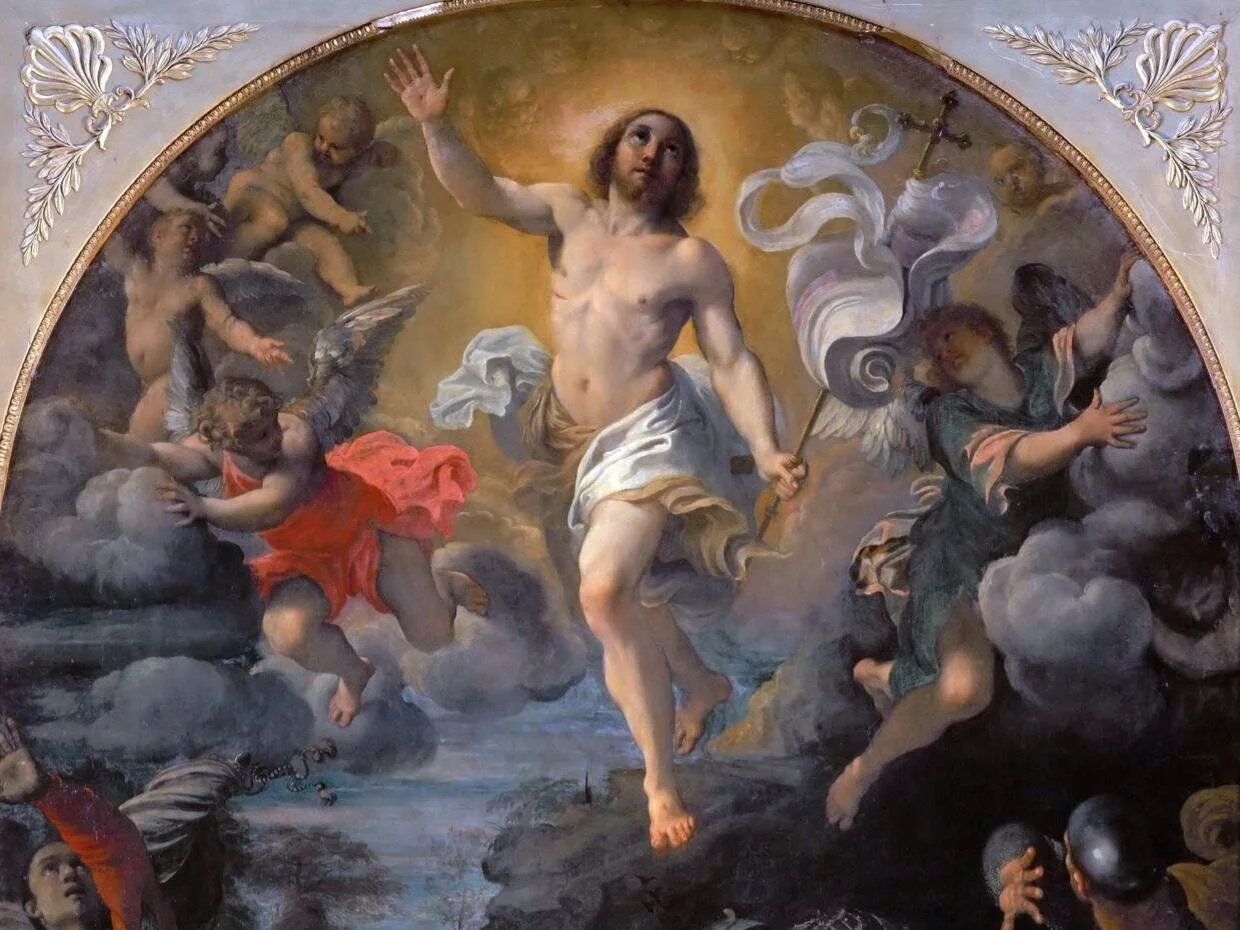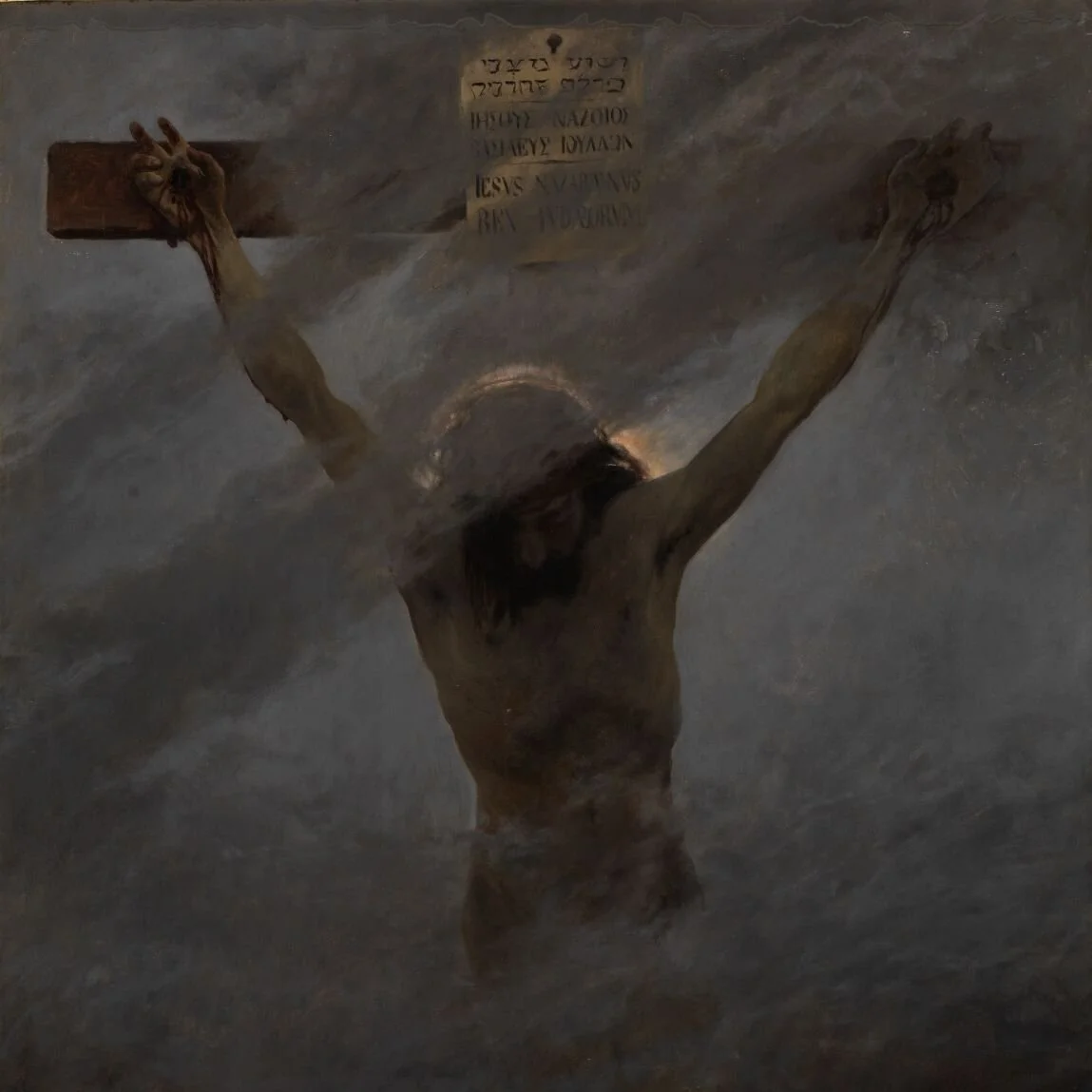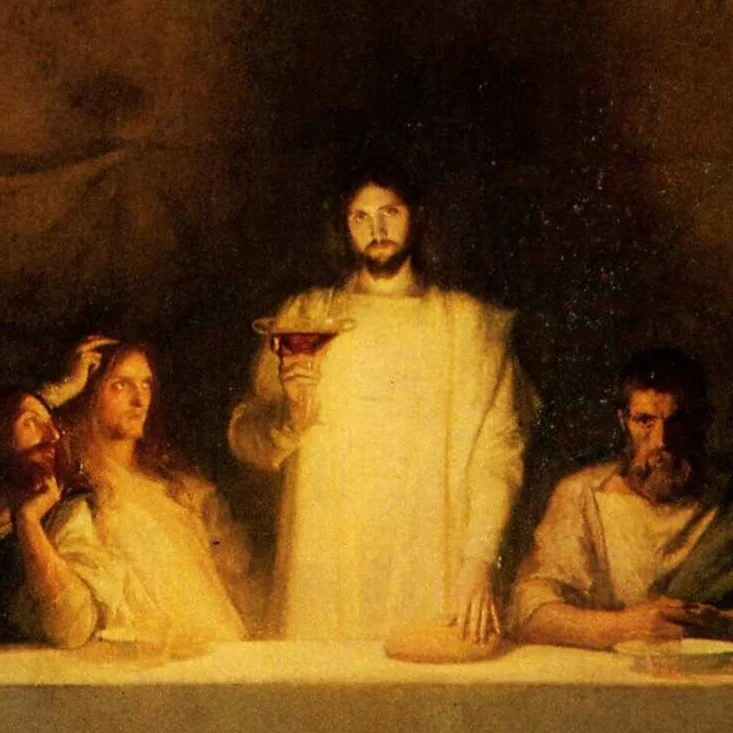Twenty-Fourth Sunday in Ordinary Time
/Dominica XXIV per Annum B
12 September 2021
In the Gospel scene, Jesus and his disciples are out on a long walk, one of those occasions that is both a geographical and a spiritual journey. On that walk we get to see the mind of Jesus. We get to see what he thinks it is important to discuss, for it is he who probes the minds of his disciples. He wants to know how his mission is going by asking what the “word on the street” is about him. “Who do people say that I am?” And after offering some of the various answers from the general public, you get the sense that Jesus’ follow up question reveals that the general public doesn’t quite have it correct. For what the Lord wants to know is how well-formed are his disciples. He wants to know, “But who do you say that I am?” He needs his disciples to know who he is. He needs them to be ready, when it is time, to profess and to proclaim who he is.
I wonder if we can take a lesson from this Gospel about the importance of being able and ready to profess and to proclaim who Jesus is? This readiness was important enough for Jesus to probe the minds of his most intimate followers, those who were called disciples. If we are authentic disciples then we must be ready to profess and to proclaim the truth of who Jesus is. And one main point I want raise in this reflection is that we must notice that being a disciple who is ready to profess and to proclaim Jesus is not just a matter of saying his name – Jesus – or his title – Christ. That is not enough, that is, if there is no real content behind the profession. We learn this from the Lord’s long walk and his probing of the minds of his disciples. Notice that what they, and what we, must be ready to profess and to proclaim has a specific content or meaning. For after Peter gets it right that Jesus is the Christ, the Lord goes on to be specific and to teach about what that means. He will be a suffering Christ, who will be rejected, killed, and who will rise again. And when Peter tries to reject this content of who the Lord is, he gets both barrels in no uncertain terms: “Get behind me, Satan. You are thinking not as God does, but as human beings do.”
Why is it important to emphasize that our professing of belief in the Lord must be more than mere words on the lips? Because we live in such a superficial age marked by relativism that seeks to make each person the arbiter of a personal truth that replaces what is actually true. We are bombarded by slogans and claptrap jargon that sounds enlightened, but when examined you see its light is from the fires of hell. And we are bombarded by such things even within the Church by those who claim to be disciples. When it comes to moral debates that have significant societal impact, our belief in the Lord must have meaning and it places specific demands on us as disciples. Consider some of the hot button issues that make constant news, issues like abortion, the re-definition of marriage, transgender ideology. So many so-called and notorious “catholics” in our political class present their Catholic credentials but hold positions that reveal they are in fact not Catholics in good standing. Even some popular priests and other clerics pull a similar game. It’s as if such people who wear the label “catholic” answer the Lord’s first question saying, “You are the Christ,” but like Peter – before he was rebuked and got the message – they reject the content of what that claim means. They try to reject the cross and catholic moral teaching, and instead are more in league with what the secular elite dictates.
For some reason it can be considered controversial when the Church speaks on hot button moral issues, or issues that should impact how we as Catholics live, and how we vote, and how we seek to organize society in conformity with Christ’s Kingdom. But if the Lord in the Gospel could insist that disciples profess both who he is and that such profession must have meaningful content… then such discussions really should not be controversial at all. In the past few months we have been subjected to the spectacle of a President who regularly proclaims his Catholic credentials. By analogy, it’s like he answers the Lord’s first question in today’s Gospel and says: “You are the Christ.” But when one evaluates his multiple actions supporting, promoting, and advancing abortion, among other problematic issues, one sees clearly he is like an errant Peter in the Gospel who seeks to empty that profession of any meaningful content. He deserves a severe rebuke: “Get behind me, Satan.” Sometimes it helps demonstrate the problem I am describing by removing it from the realm of faith and showing its faulty logic in a different arena that is less charged. Here’s a simple analogy using similar empty lingo like that used by abortion supporters in our political class. You know the game Jenga. You have planks or blocks and you build up a tower. The game is to take turns removing planks in such a way that the tower still stands. The strategy then is that you have to consider which planks are so important, so fundamental, that removing them would endanger the structural integrity of the tower. Now imagine our political class who are pro-abortion coaching and leading players in Jenga and saying, “I’m personally opposed to pulling out all of the very bottom foundational planks of the tower, but I’m not going to impose my beliefs on other players.” You know what we call that? Game over, that’s what! The tower collapses. When abortion is promoted, supported, and advanced, the very fabric, the very foundational matters of life and justice, the order of society, and the natural moral law are removed and the tower comes crashing down. And when a self-proclaimed Catholic does this it is a demonstration that he or she is not actually a catholic in any meaningful way at all. Sadly, and you know their names, far too many politicians on the national stage who say they are Catholic are really not good Catholics in any meaningful way beyond the surface label, by which they say to the Lord, “You are the Christ,” and “I am a Catholic” but reject what that must mean for how they conduct their lives and their work. And while I am focusing on the dilemma of self-proclaimed Catholics, the truth is any public figure who uses his platform to promote abortion is not deserving of our support.
So, why bother saying this? I mean, other than voting such false catholics out of office, which we should do, you might want to say: What can we really do about this, Father? We can’t change the world. Well, actually, yes, you can. Big players in social and political life don’t typically start out on the national stage; they start locally. So focus locally, and don’t remain silent when local leaders adopt immoral ideas and practices, or when they promote such things in our communities and schools. Vote according to a full catholic faith that shows the content of what it means to be catholic. Form your kids in the truth so they are ready both to profess and to proclaim the Lord as Christ and also ready to uphold the content of what that must mean. Be generous in your openness to life in your marriage and raise up children who will be soldiers in the battle to form our society in greater conformity to the kingship of Christ. Its starts locally. After all, the Lord started with only twelve apostles. We can do our part by evangelization and personal witness to help others grow in their own response to the Lord’s question: “But who do you say that I am?”












